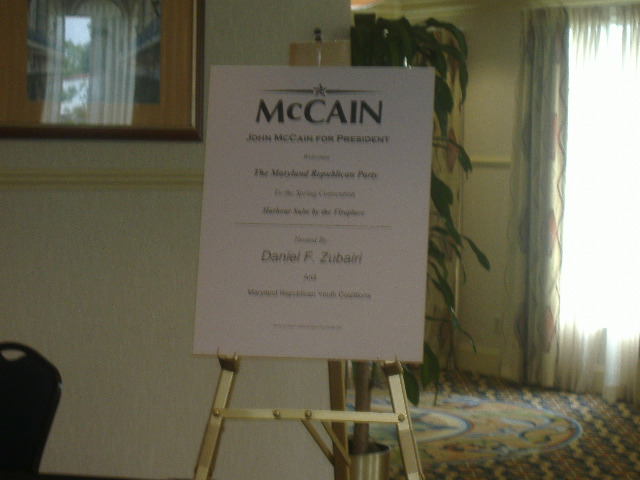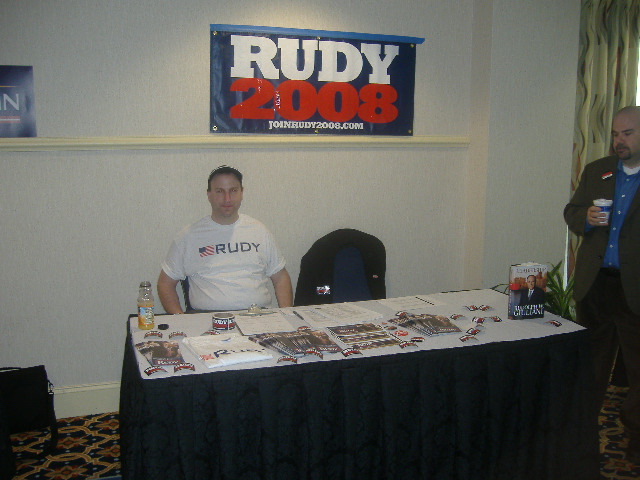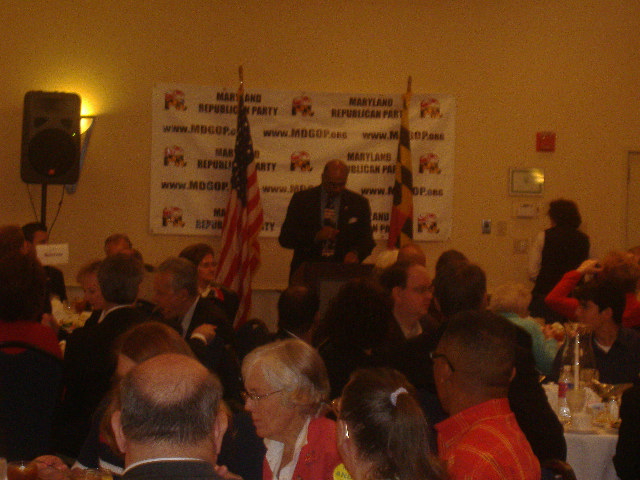Welcome to the final action chapter of my 50 year plan. The next chapter will be about where I’m taking the concept.
Over the weekend I read a book that I recommend everyone check out: The FairTax Book by Neal Boortz and Congressman John Linder. Say what you will about the concept of a national sales tax, the argument in favor of this system is well-spelled out in the book. I can’t say that I’m a total convert, but I do know the system as it stands is corrupted, complicated, and I think broken beyond repair. If it were a computer our tax code would be headed for the scrap heap.
I think the progressive tax system that Boortz and Linder currently revile is exactly the wrong approach because I don’t go in for the bullshit about soaking the rich. People who manage to amass wealth generally do it through hard work and I feel that should be rewarded, not punished. So for quite awhile I’ve been an advocate of a fairer, flatter tax system. A decade ago I was a big Steve Forbes supporter because of his flat tax idea. Former Congressman Dick Armey was another flat tax proponent.
But as time went on I did see some problems with the Forbes and Armey approaches. I think my biggest one was that there are still two numbers that can be toyed with, as both the rate and the standard deduction could be tweaked. And of course, some brilliant mind would come up with just one extra deduction that simply had to be in there and that would start yet another rush back to the system we have now. (In fact, Armey’s plan maintained a few cherished deductions.) Moreover, I don’t see any effort to end backup withholding. Originally people wrote yearly or quarterly checks to the IRS, similar to the way people who pay estimated tax do now. Backup withholding started in the World War II era, sold as a way to ensure more revenue to the government for fighting the war but not dropped once hostilities ended. So people don’t tend to think about what they pay in taxes because they never actually see the money they would’ve received.
Let’s say for the sake of my argument that the FairTax is the way to go. Job number one is to repeal the Sixteenth Amendment. Obviously the tricks to that are a) getting a 2/3 majority of each house of Congress to go along with it and b) convincing 38 states to do the same. If we ever get through step A I’d be willing to bet a good dinner at a fancy restaurant that Maryland would be one of the holdouts insofar as step B goes. The reason repealing the Sixteenth Amendment has to be done first (or concurrently) with adopting a new sales tax system is that I could just see some Democrat saying, ok, you have the FairTax, but we need to keep the income tax around in case we need a backup source of revenue – first chance they get, bam! Double taxation.
More tellingly, we know that some in Congress would fight a national sales tax tooth and nail because then they can’t divvy out tax breaks to favored constituencies, like homeowners. But is it the duty of government to provide market-busting incentives to promote some action or penalize ideas that lead to vast wealth? For example, the state of Maryland had a program to give tax incentives to those who wanted to build “green” buildings. Is this a noble purpose? Possibly. But shouldn’t market forces allow this to happen naturally? After all, if a “green” building provides energy savings that’s worth the extra price, one would think developers would adopt all of those standards. Obviously the added cost is still a disincentive, or not deemed to have a worthwhile payback period yet.
But getting rid of the usage of the tax code as a carrot or stick is probably the biggest hurdle. To that end, it’s going to take getting a majority in Congress that aren’t power-hungry but truly citizen servants. And that’s where the next two generations have to play a part.
Another hidden benefit of a tax based on consumption is that I’m not forced to pay it. Every two weeks I get a paycheck only to find that 28.7% of it has been vacuumed out by the federal and state governments (yes, that backup withholding thing.) And that doesn’t add in a couple “breaks” I get because my flex benefit and 401.(k) are pre-tax deductions. Because of the tax laws I can’t use that money I earned unless certain restrictions are met – in the case of the flex benefit I have to spend it on medical-related expenses to be reimbursed at a later date. I can’t touch my 401.(k) without penalty for another 17 years.
But under a consumption tax I can choose to pay it when I spend money on goods. With the somewhat frugal lifestyle that I lead, I’d have less of a tax bite than a person who spends money like water. It’s the element of choice I have in the matter that appeals to me. Right now I have the “choice” of paying taxes or being financially ruined by the IRS. Plus it’s tough to practice architecture from the federal pen (and it goes without saying they’d pull my license to practice in Maryland). I also have a sneaking hunch they’d frown on me writing a blog from there too, particularly one like monoblogue.
If you look at all 15 chapters of my 50 year plan (16 if you count the introduction) you’ll see that there’s one underlying theme that ties them all together.
I want the next generations of Americans to enjoy more of the benefits of freedom and less of the oppression of an ever-expanding federal government. In this case, it’s the freedom to keep more of what they will earn if they choose to. I’m also aware that they’ll have to fight for their freedoms against many and varied enemies, not just from outside our nation, but some from within who will be seductive in their promises of equality for all.
As a nation we should strive for equality of opportunity. But we have to guard against the big-government do-gooders who preach equality of outcome. Just like in George Orwell’s Animal Farm, those in power have a tendency to deem themselves more equal than others. If I live to see another 50 years, all I ask at that point is to see that those generations have the freedom and ability to live and succeed as far as their talents, abilities, and knowledge take them. Show me the American Dream envisioned by the Founding Fathers is still alive.




















